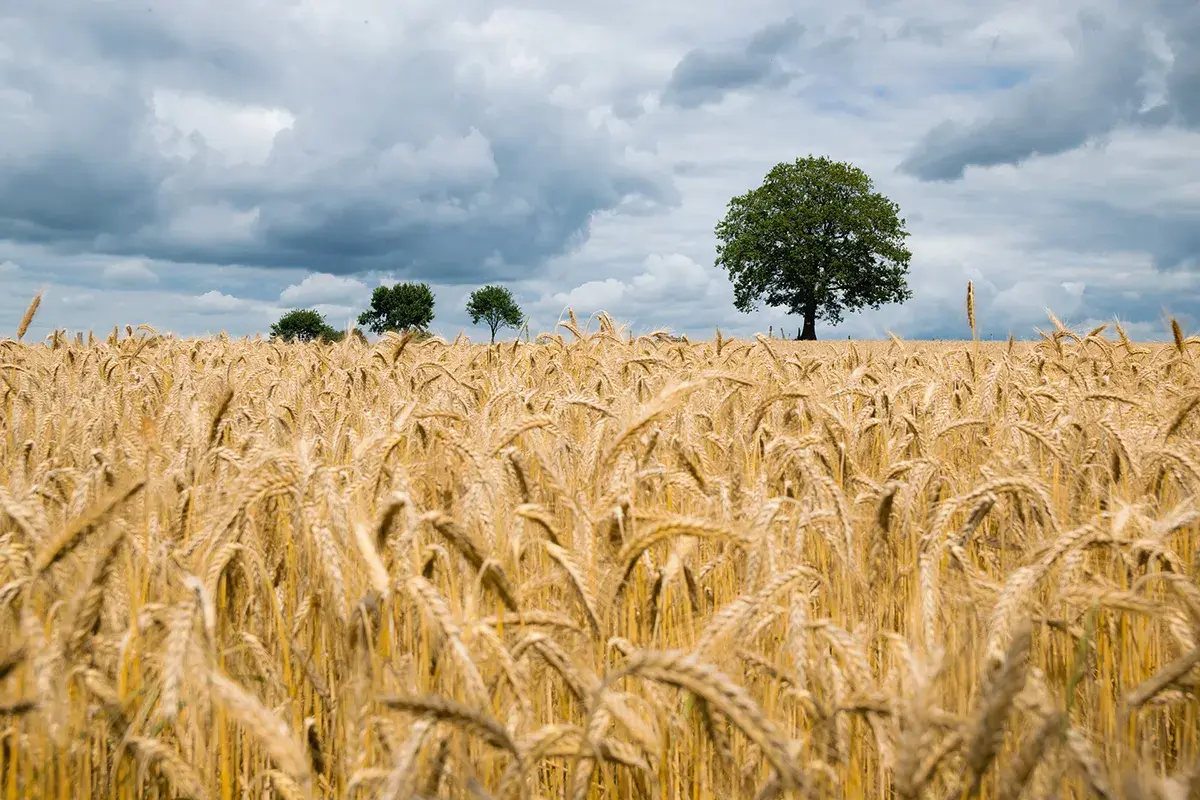Agricultural Land Trust Maintains Growth

The Avenue Living Agricultural Land Trust has grown to more than 37,000 acres in assets since its inception in December 2016. With a current asset value of more than $55 million, the goal is to surpass 50,000 acres by the end of this year.
The Trust is an open-end mutual fund trust that indirectly invests in Canadian farmland through its operating partnership, Avenue Living Agricultural Land Limited Partnership. The business model of the Partnership involves investing in farmland and leasing it back to farm operators for cash rent. Without the intense capital requirements of owning real estate, farm operators can focus on what they do best – farming and producing global food supply. The Partnership ensures that tenants use best practices in farming to maintain the productivity of the land for future generations.
By targeting farmers who are retiring, the Partnership has plenty of opportunities to continue to grow its asset base. Often, these farmers either don’t have any children or their children don’t aspire to take over their family farm. Meanwhile, the retiring farmer demographic is growing, with the average age continuing to rise, currently hovering around 56 years.
“We look for farmland from an opportunistic, future-forward perspective, in areas that are attractive to larger operators as continued consolidation will enhance the value of the land,” said Leif Snethun, Chief Executive Officer of Avenue Living’s Agricultural Land Trust. “As an example, we don’t invest in grazing land, as it does not translate into the rental returns we are after.”
In 2019, Avenue Living was aggressive in growing its assets in the agricultural sector, with 12,987 acres acquired last year. So far in 2020, it has acquired an additional 620 acres of land, with the identification of 10,000 additional acres that could be purchased before the end of the year.
With its first acquisition in March 2017, all of the Partnership’s properties are located in Saskatchewan. Snethun and his team also search for opportunities in Alberta and Manitoba, but so far, those provinces can’t compete with the returns from Saskatchewan.
Saskatchewan farmland has experienced a 12% compounded annual growth rate between 2008 and 2018, with the most recent 3 years returning 7.93%. Despite this growth, land is being undervalued compared to Manitoba and Alberta with similar soil characteristics, as historically, farmland ownership in the province has been more restricted than other provinces, causing a lower price per acre.
Since its inception in late 2016 to fiscal year-end 2019, Avenue Living Agricultural Land Trust’s Class A units’ net asset value has increased 36.3%, for an annual rate of return of 12.1%.
“The rents per acre are similar, but the cost of the land is less expensive in Saskatchewan,” said Snethun. “Quite simply put, the rate of return is higher in Saskatchewan without compromising soil quality. Investments in this sector and in this province today, will continue to provide fruitful returns and capital appreciation, especially as demand begins to increase due to purchase provisions relaxing.”
“We are keen to keep growing this portfolio,” said Snethun.
In addition to the favourable market conditions that have contributed to the success of the Avenue Living Agricultural Land Trust, the Trust also benefits from its access to the Avenue Living platform. The shared services, established relationships, and access to capital have helped to springboard the Trust to success that is beyond what would be typical of a newly minted mutual fund trust.
During the initial COVID-19 outbreak, new capital investment slowed to some extent, but recently it has recently picked up. “Some investors are beginning to think that there could be an inflationary spike coming, and that perhaps farmland would be a safe haven in this environment. We are starting to see increased investment within this sector,” added Snethun.
“When it comes to the business of farming, we’re in an advantageous situation right now. We are seeing extremely low fuel prices. Diesel is about 57 cents per litre – about half the cost of last year. Fertilizer prices are low. Interest rates are lower, which helps to drive the price of farmland. The Canadian dollar is soft which actually helps Canadian farmers, since grains, oilseeds and pulses are traded in American dollars. There is optimism in the agricultural community – and the time to act is right now,” said Snethun.


